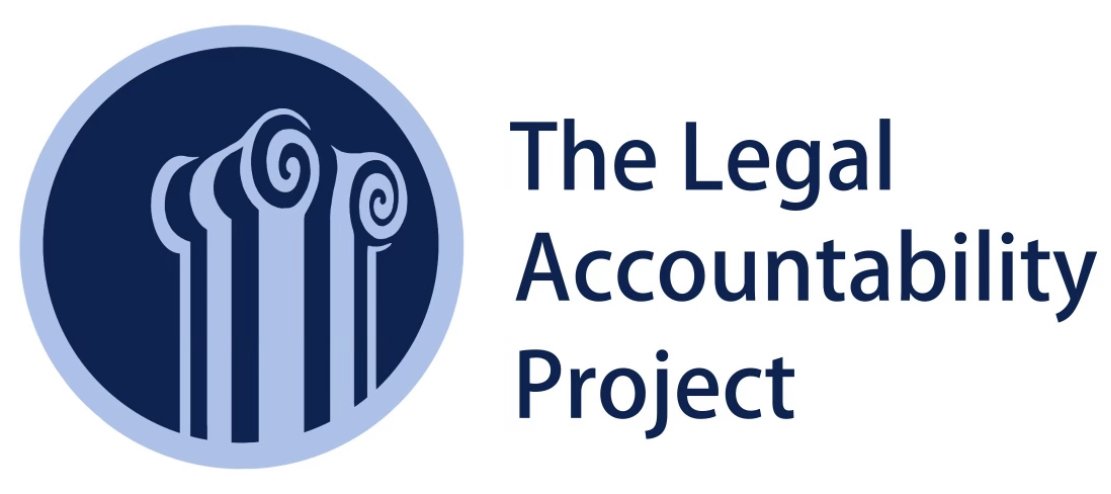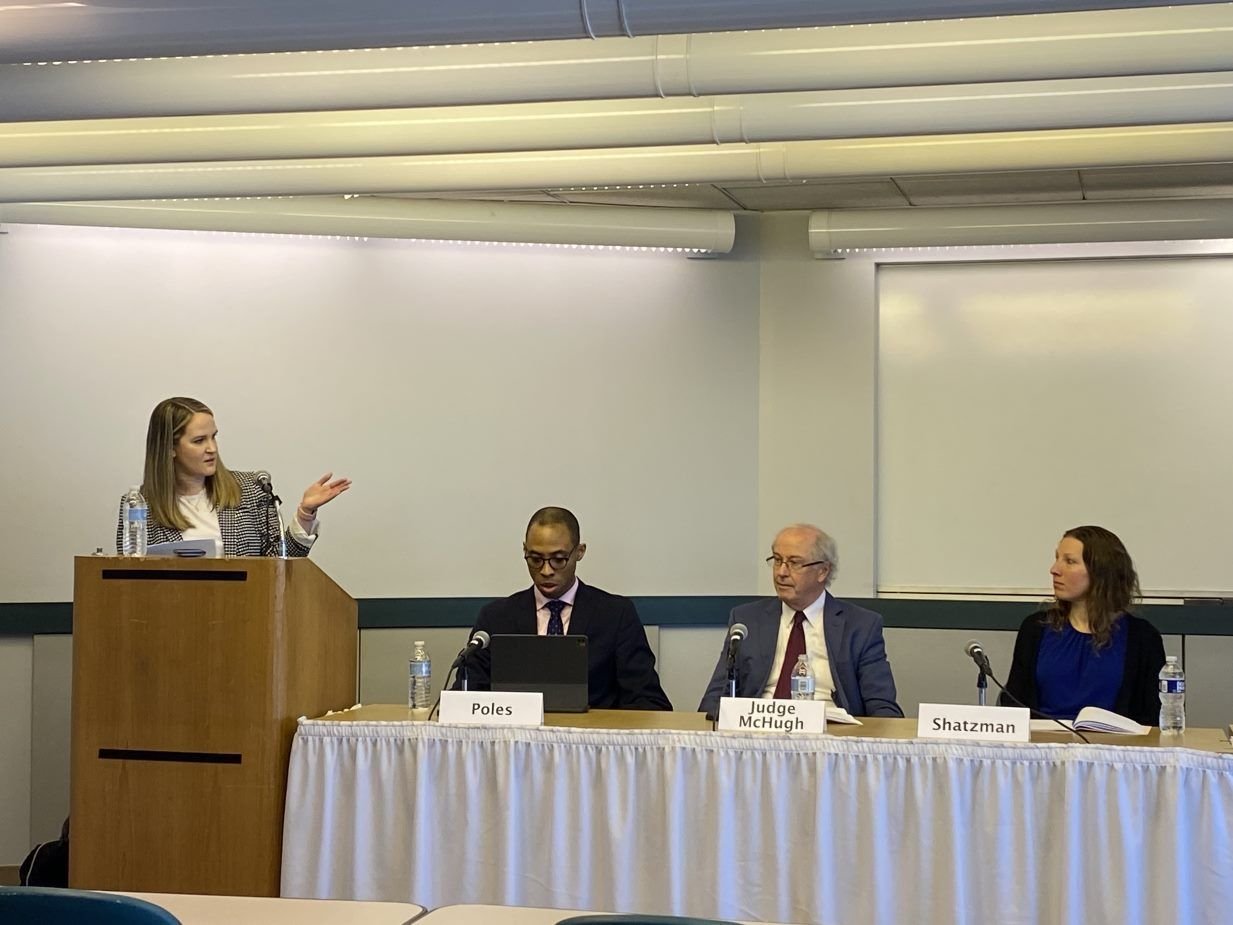The Legal Accountability Project’s Centralized Clerkships Database benefits every law school.
When LAP began discussing our theory of change for clerkship transparency in 2022, we envision that we would collaborate with law schools to make changes to their messaging, programming, advising, and resource allocation aimed at increasing transparency; accountability; diversity, equity, and inclusion; and access in judicial clerkships.
LAP launched our Centralized Clerkships Database, a legal technology and transparency initiative to democratize judicial clerkship information, in April 2024 for an initial cohort of law student and recent graduate users at an individual subscribers rate of $20 per user. The response has been incredible: we intend to continue offering this option for students and attorneys whose law schools have not yet subscribed to the Database.
LAP intends to work with law schools, who can pay a reduced rate of $5 per student per year, based on total JD enrollment, to make LAP’s Clerkships Database available to all students and recent graduates considering clerkships. Reach out to us via email to schedule a Database demo and discuss pricing options.
While every law school’s clerkship advising is a bit different, here are some considerations for law schools to keep in mind, as they weigh whether to subscribe to LAP’s Database:
· Broadening Information: No law school knows about all the judges students will apply to, especially as new judges are appointed or elected each year. Centralizing and democratizing information makes it more likely that prospective clerks can find the information they need before applying—and that more students will not only clerk, but identify the right clerkship for them.
· Ensuring Baseline Information: Historically, information about abusive judges (and those who are poor managers) has been siphoned off at a few well-resourced schools and selectively shared. Every applicant - regardless of your law school’s ranking and resources - deserves baseline information about judges to apply to, and judges to avoid.
· Clerkship Transparency: Historically, information about judicial clerkships has remained shrouded in secrecy. It depends far too much on where applicants happen to attend law school and who happens to advise students on clerkships. Meanwhile, other legal jobs, such as law firms, have increased transparency in hiring. LAP’s Database aligns clerkship hiring with other legal workplaces.
· Accountability and Safe Workplaces: Clerkship applicants have historically struggled to avoid judges who mistreat clerks, or whose management styles or work expectations do not align with their own, because so little about clerkship hiring, chambers’ culture, judges’ managerial styles, and clerkship experiences has been put in writing. LAP’s Database raises the bar on workplace civility and holds judges - the most powerful members of our profession - to the highest ethical standards. By empowering clerks to review their bosses, judges are held to account for their treatment of clerks.
· Student/Alumni Wellness – By participating in the Clerkships Database and ensuring that law clerks have positive clerkship experiences, law schools protect the next generation of young attorneys from workplace mistreatment and ensure that all graduates can pursue careers they love in safe workplaces.
· Alumni retention – By ensuring positive clerkship experiences, the law school ensures that alumni will be happy, healthy, and not driven from the legal profession due to mistreatment or retaliation, thereby ensuring committed alumni.
· Attracting students – Law schools should be on the cutting edge of this exciting new initiative. This will help law schools attract better applicants. LAP regularly fields inquiries from prospective law students asking which law schools do the best job of fostering positive clerkship experiences and which ones do not.
· Diversity, Equity, Inclusion, and Belonging – It is disproportionately marginalized groups who are mistreated during clerkships. These students also disproportionately lack access to the formal networks and information channels that help some of their peers obtain clerkships. They have unique considerations when deciding whether and where to clerk, including whether judges hire diverse candidates and are sensitive to diverse identities. The Database will encourage more diverse students to clerk, thereby bolstering the law school’s diversity clerkship pipeline.
· Improving the Clerkship Pipeline: Regardless of law schools’ existing resources, law students regularly convey to LAP that the clerkship application process is “opaque,” “confusing,” “nebulous,” and a “black box” and that they choose not to clerk because they lack transparent information. LAP’s Database will empower more students to clerk, armed with the confidence that they will be treated fairly and respectfully during both the interview process and their tenure as law clerks.
· Judicial Externships – Many law schools offer judicial externship programs. Externship candidates can also read surveys in the Database before interning for judges, thereby ensuring safe workplaces for student externs—and fostering student wellness.
· Alumni Support – Law school alumni convey to LAP that they had negative clerkship experiences; wish the Database existed when they were students applying for clerkships; and did not feel empowered to share information with their law schools. Support for this initiative exists across alumni communities. LAP encourages law schools to listen to their alumni (and students) who resoundingly demand increased transparency in the clerkship application process.
Law schools have historically been one of several stakeholders who’ve contributed to the problems LAP identifies with the clerkship system. Every law school should be part of the solution. LAP makes it easy for law schools to do so.


